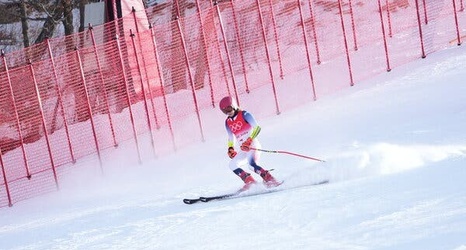The announcement that Kamila Valieva, the 15-year-old Russian figure skating star, had tested positive for a banned substance echoed another dark Olympic era. And it sent a chilling reminder that female athletes in certain sports have long been considered disposable in countries that support state-sponsored doping.
From the late 1960s until the late 1980s, East Germany, a country of fewer than 17 million people, kept pace in the Olympic medal chase with the United States and the Soviet Union with systematic doping known by the bland euphemism “Supporting Means.”
The steroid Oral-Turinabol was often given to young female athletes without their knowledge or consent under the guise of “vitamins.
